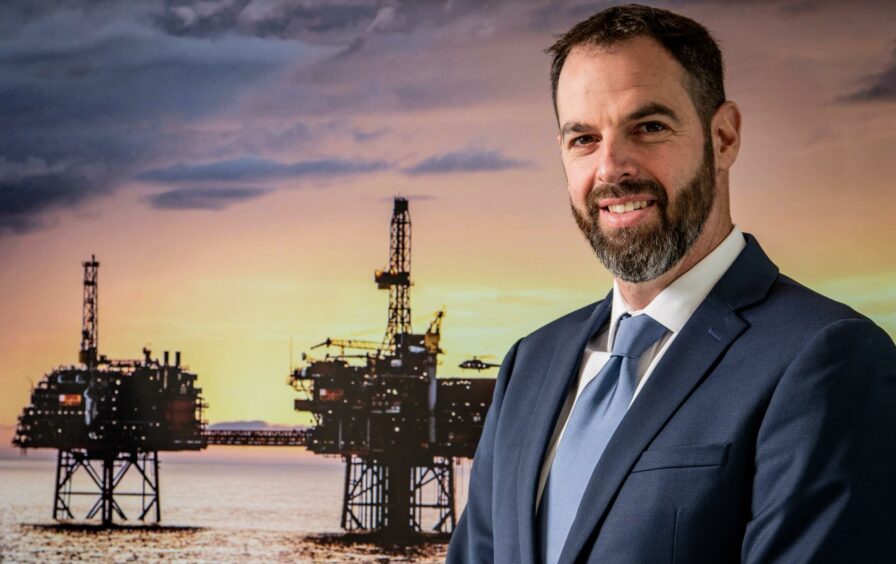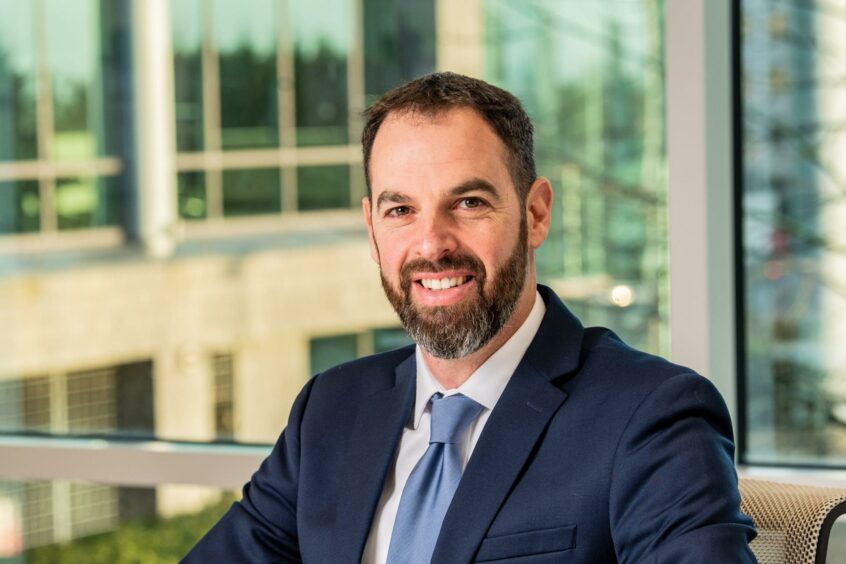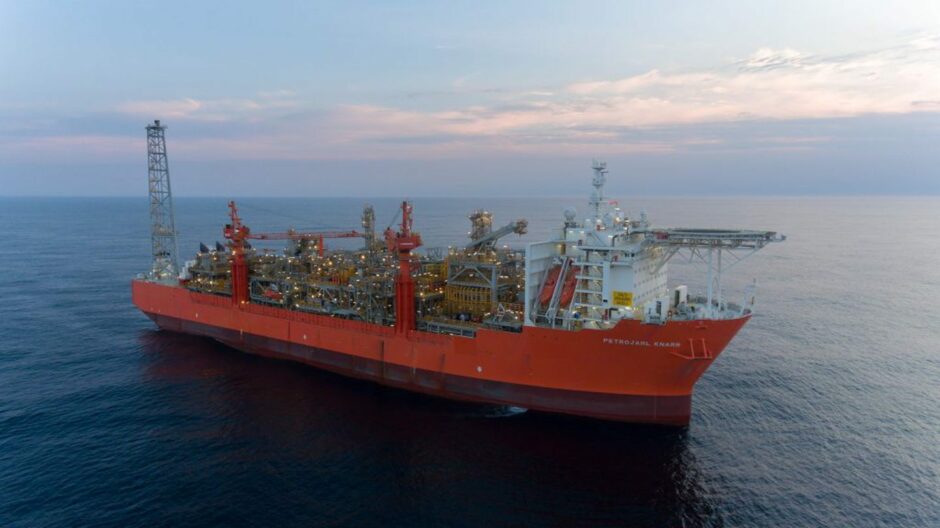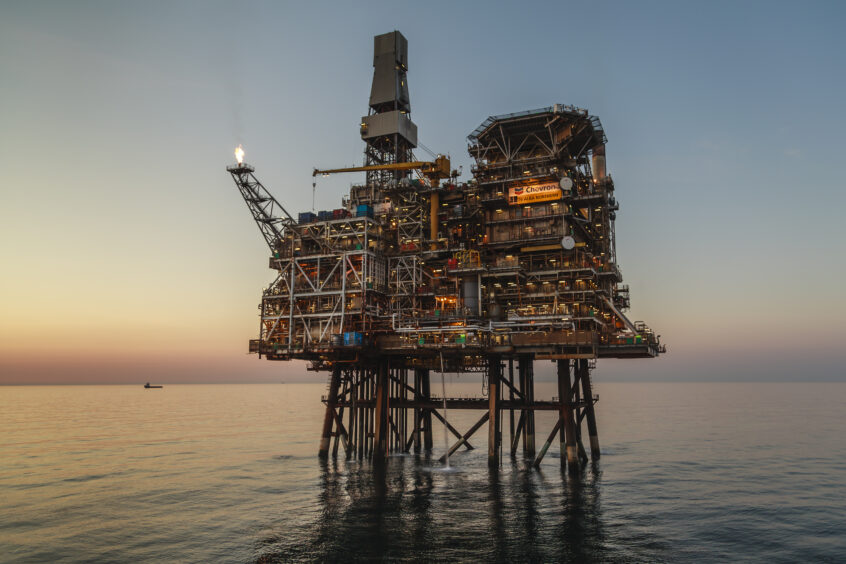
The chairman of Ithaca Energy (LON: ITH) has rejected the idea that the North Sea is home to an embarrassment of riches as he called for stable policy from government.
“There are no windfall profits in the industry at the moment”, Gilad Myerson told analysts, following the release of the firm’s half-year results.
He pointed to current oil and gas prices, which he says have “come down quite significantly” since the government’s energy profits levy (EPL) was rolled out.
“We went through a situation in the last few months where the gas prices were significantly lower than they were before the EPL was brought into play,” said Mr Myerson.
On Wednesday London-listed Ithaca blamed Westminster’s EPL, or the North Sea windfall tax as it’s more commonly known, for dampening spirits in the basin.
A number of the UK’s biggest operators have axed projects or scaled back spending in response to the levy, and “Ithaca is not immune to that”.
The company is “reducing investments selectively” and 2024 production is “expected to be lower than 2023 levels”, explained chief executive Alan Bruce.
Tax changes making it tough to plan for the long-term
It also cast a level of doubt over the future of two of the UK’s largest untapped oilfields, Cambo and Rosebank – Ithaca has a hand in both of the West of Shetland projects.
The company has already blamed the EPL for putting the brakes on the pace of development for both fields, something Mr Myerson reemphasised to analysts and investors.
He said: “What we need to understand from the government is what the long term fiscal regime is going to be; it’s important to have stable policy in order to make long term decisions.
“If you look at Cambo and Rosebank, as well as some of the smaller fields, these are 10 to 20 year projects and the EPL has changed three times over the last year. We need to make sure that any policy is robust, stable, and takes into consideration the changes in commodity prices.
“We’re working very constructively with the government, and they understand the need for stability. We feel they are planning to come up with changes that will support investment, but until that happens it’s prudent to slow down our investment programme.”
Clock ticking on Rosebank
Rumours have been circulating for weeks now that Equinor is readying to make a final investment decision on Rosebank, but it’s understood government is holding up the process.
Ithaca has a 20% stake in the field and Mr Bruce says it remains a “really strong project”, highlighting the “30 billion in tax collection investments” over its life.
He said: “It is a really important project for the country, an important project for us as Ithaca, and it’s important that we’re just very thoughtful in completing the process, because it’s a big decision for us as a company.
“Restating what Equinor has said as the operator; we’re waiting on the final conclusion of a few things, and final approval from the regulator. Ithaca is hopeful that it will move forward not too far in the future, and we’re working through that just now.”
Looking for bolt on deals
To counteract its forecasted dip in production levels Ithaca plans to explore “inorganic opportunities” to boost flows in the medium term.
But Mr Myerson played down the chances of any big deal, with the firm prioritising “smaller bolt on acquisitions”.
He added: “In terms of geographical areas our primary focus is the UK; that’s where we have most of our synergies, relationships with the relevant partners, as well as the regulators. We feel very comfortable doing deals in the UK.
“We are looking to opportunities in other parts of the North Sea – in Norway and in the Netherlands – and we have looked into openings in the US as well.
“Before the EPL we were solely focused on the UK, but with the current fiscal regime we are looking at opportunities abroad, as are most other companies.”
Recommended for you


 © Supplied by Ithaca Energy
© Supplied by Ithaca Energy © Supplied by Altera Infrastructur
© Supplied by Altera Infrastructur